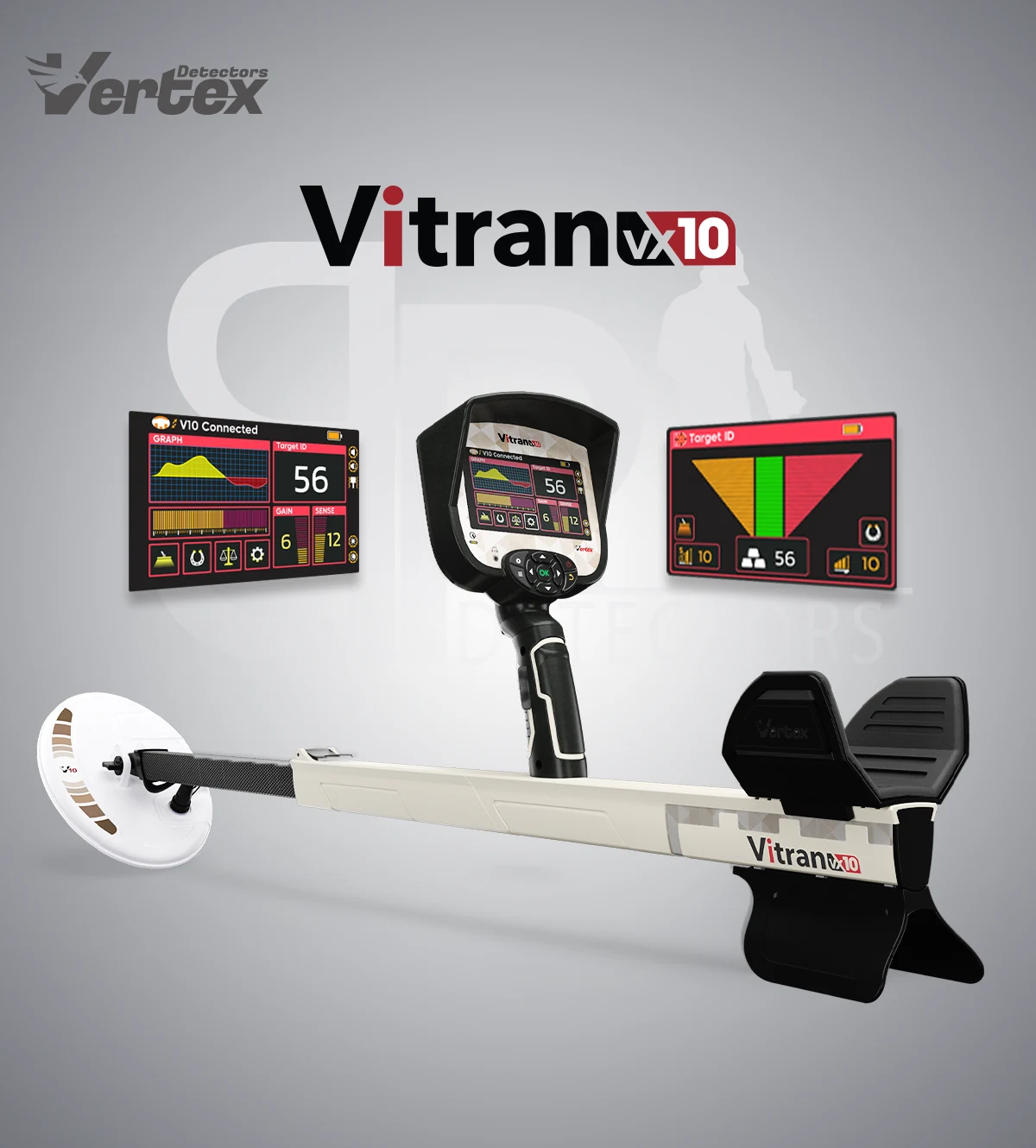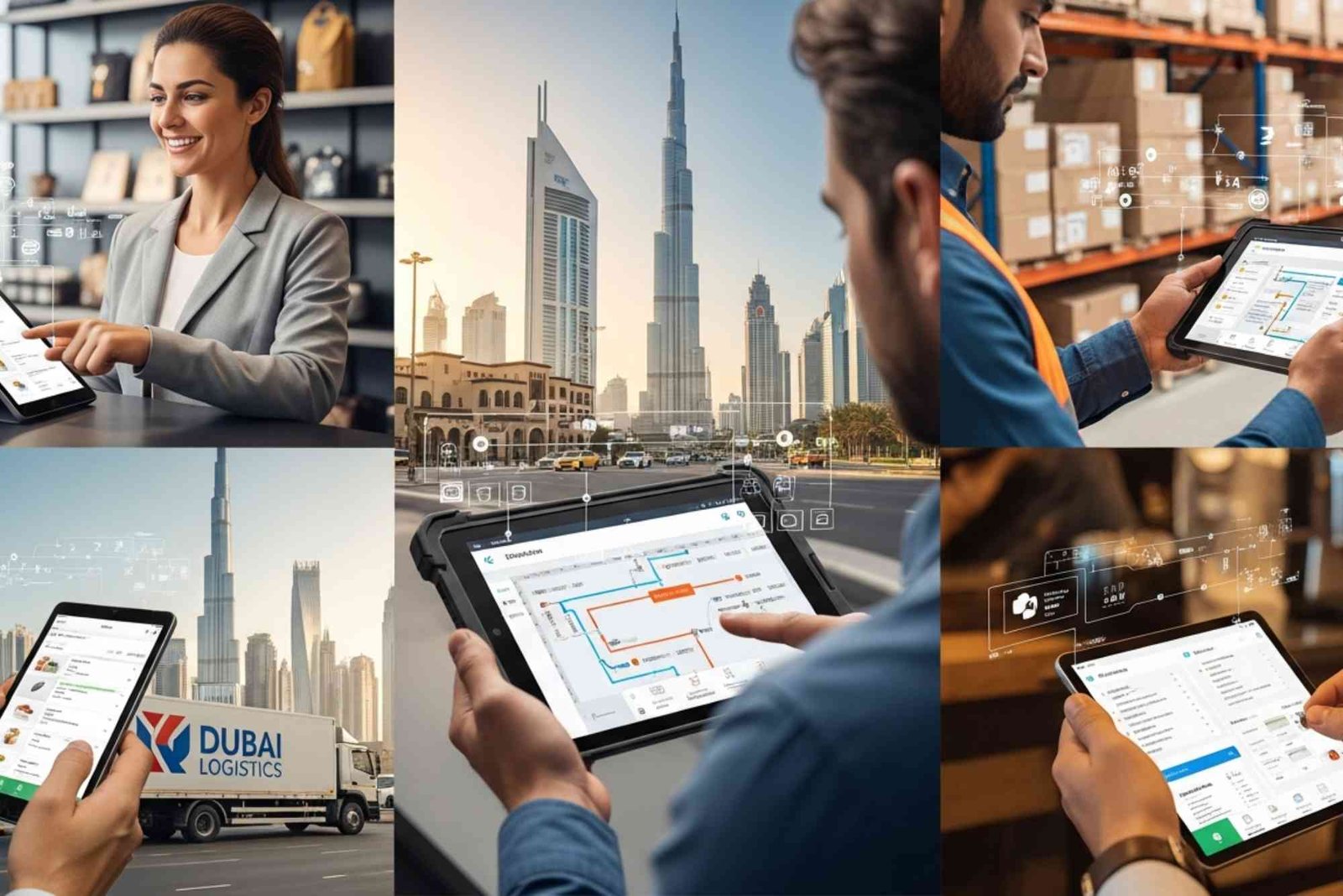In the quest for sustainable energy solutions, industrial solar energy storage (産業 用 太陽 光 蓄電池) has become increasingly vital for businesses. Sungrow offers innovative solar battery solutions that empower industries to optimize their energy usage while minimizing costs and enhancing operational efficiency.

The Advantages of Solar Energy Storage
Industrial solar energy storage systems (産業 用 太陽 光 蓄電池) provide several key benefits for businesses. By capturing excess energy generated from solar panels during the day, these systems allow companies to store that energy for use during peak demand periods. This capability not only reduces reliance on the grid but also lowers energy costs, particularly during high consumption times.
Furthermore, solar batteries help businesses become more energy independent. By integrating renewable energy sources, companies can mitigate the risks associated with fluctuating energy prices. This independence is especially valuable in industries where consistent energy supply is crucial for maintaining production and operations.
Enhancing Operational Efficiency
Sungrow‘s industrial solar energy storage solutions are designed for optimal performance and reliability. These systems come equipped with advanced monitoring and management features, enabling businesses to track energy usage and battery performance in real time. This data-driven approach allows for informed decision-making, leading to improved operational efficiency.
Moreover, the durability of Sungrow’s solar batteries ensures that they can withstand the demands of industrial environments. This resilience not only extends the lifespan of the systems but also reduces maintenance costs, further enhancing overall efficiency.
Conclusion
In summary, industrial solar energy storage (産業 用 太陽 光 蓄電池) is essential for businesses looking to transform their energy operations. With Sungrow’s advanced solar battery solutions, companies can enhance their energy efficiency, reduce operational costs, and support sustainability initiatives. By investing in these innovative systems, businesses position themselves for long-term success in an increasingly competitive market, paving the way for a more sustainable and resilient energy future.













